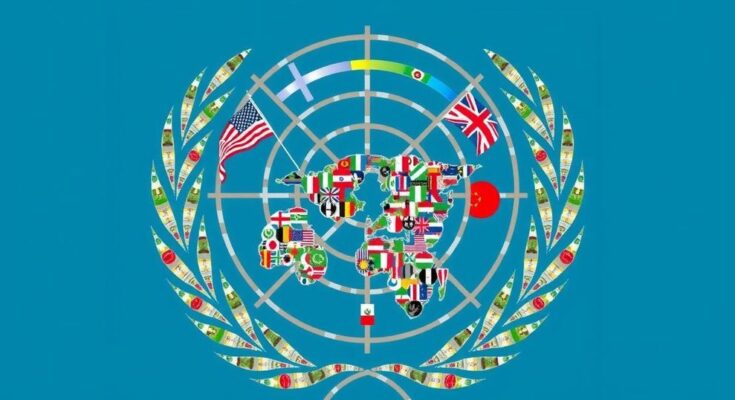At COP29, countries criticized a vague draft deal on climate finance for developing countries, which lacked specific financial commitments from wealthy nations. With developing countries requiring $1.3 trillion for climate adaptation, the draft’s ambiguity prompted strong discontent, indicating a severe gap in necessary funding and hindering effective negotiations.
At the ongoing COP29 climate talks in Baku, Azerbaijan, world leaders expressed considerable dissatisfaction regarding a new, ambiguous draft proposal concerning climate financing for developing nations. The proposal notably failed to specify the financial commitments that wealthy nations would extend to poorer countries, with key figures merely indicated as placeholders. This oversight has drawn sharp criticism, especially given the gap between the estimated $1.3 trillion needed by developing nations and the significantly lower amounts offered by richer countries. Activists and delegates asserted that the absence of concrete financial figures undermines the negotiations, with many proclaiming that they feel disrespected by the process, which appears hesitant to deliver substantial commitments necessary for meaningful climate action.
The COP29 summit is pivotal in the global effort to mitigate climate change, particularly for developing countries that bear the brunt of environmental degradation yet lack the necessary resources for a transition to sustainable energy sources. Climate financing is essential for these nations to adapt to the impacts of climate change and to implement clean energy solutions. However, tensions arise when developed countries do not address the financial obligations, causing frustration among negotiating parties and activists advocating for urgent action.
The reluctance of developed nations to provide specific financial commitments has triggered uproar among delegates at COP29, complicating efforts to reach consensus on climate financing. As discussions continue, the call for transparency and accountability becomes increasingly urgent, particularly for nations disproportionately affected by climate change. The outcome of these negotiations will profoundly affect the future of climate resilience and sustainable development worldwide.
Original Source: apnews.com




